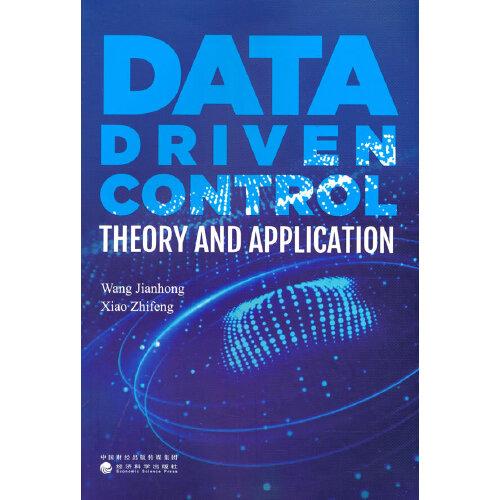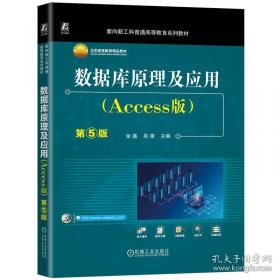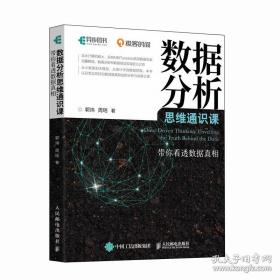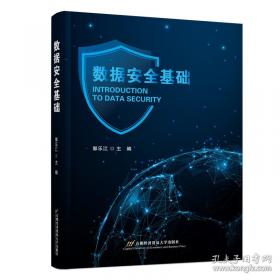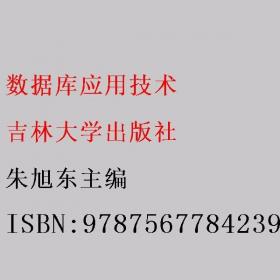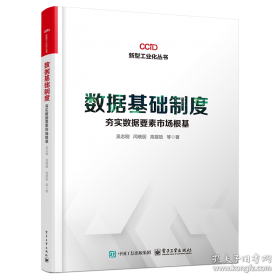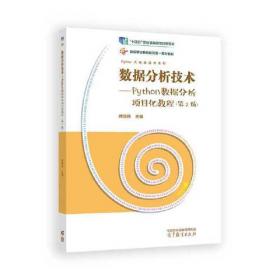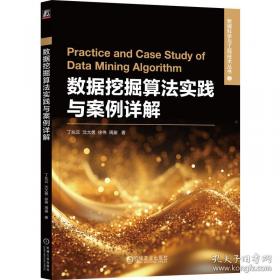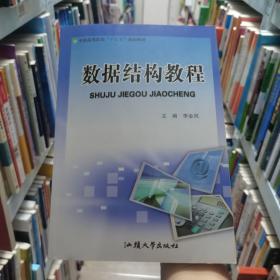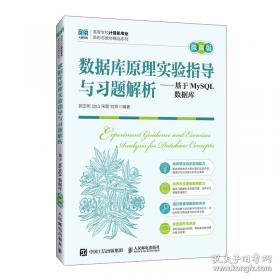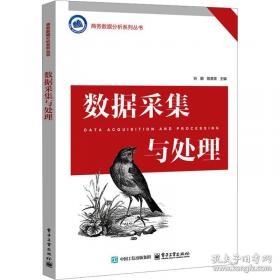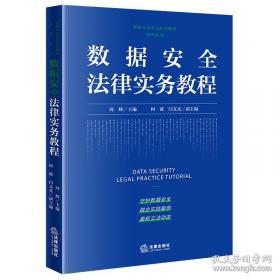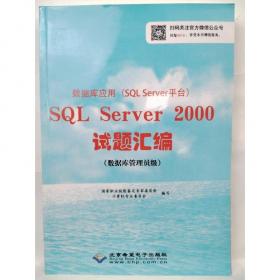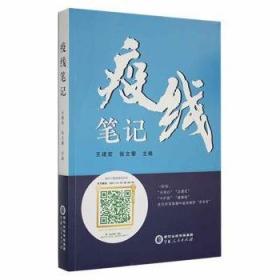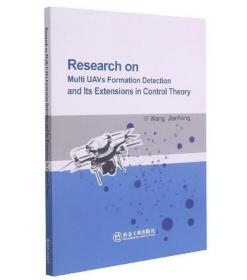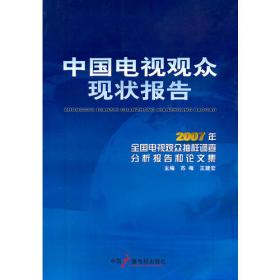数据驱动控制理论与应用(Data driven control theory and application)
出版时间:
2022-10
版次:
1
ISBN:
9787521836523
定价:
79.00
装帧:
其他
开本:
16开
纸张:
胶版纸
页数:
648页
字数:
250.000千字
2人买过
-
本专著是尝试将数据驱动的思想应用于自动控制中,形成一种新的控制策略-数据驱动控制。这也引导着可以将数据驱动的思想与目前众多已有的控制方法进行相结合,以构成更为简便,更实用的控制方法。比如将数据驱动思想引入至模型预测控制中,得到数据驱动预测控制;将数据驱动思想引入至自适应控制中,得到数据驱动自适应控制等。为真正了解和熟悉数据驱动思想,本专著首先详细给出了铺垫性的前期工作,即数据驱动思想与系统辨识的相结合。从数据驱动的角度更深入地展开对系统辨识的研究,研究深度上更深入,更深层次。分别在闭环反馈系统的数据驱动辨识,闭环系统的数据驱动模型结构检验,非线性系统的数据驱动辨识展开结合。在数据驱动思想在自动控制中的应用上,介绍了两种目前申请人正在从事研究的数据驱动控制策略—数据驱动模型预测控制和数据驱动迭代校正控制。理论需要工程实践的验证,为此将理论上的数据驱动思想,数据驱动辨识和数据驱动控制分别应用在锂电池和飞机颤振的工程实践中,用以实现理论与实践的完美结合。 王建宏,男,1980年10月生,江西吉安人,博士,教授。2002年7月毕业于江西师范大学,2007年7月毕业于云南大学,2011年7月毕业于南京航空航天大学,2013年7月博后出站于南京大学。2013年7月-2017年12月工作于中国电子科技集团第28研究所,2018年1月-2018年12月工作于意大利米兰理工大学,2019年1月-2019年12月工作于西班牙塞维利亚大学,2020年1月-2020年12月工作于墨西哥蒙特雷科技大学,2021年1月-至今工作于江西理工大学。主要从事自动控制、自适应控制、模型预测控制、飞行控制和编队控制等研究。
Chapter 1 Introduction of data driven
control/1
1.1 Introduction/l
1.2 Outline and contributions/6
1.3 Publications/8
Chapter 2 Data driven model predictive
control/11
2.1 Introduction/11
2.2 Application of bounded error
identification
into model predictive control/13
2.3 Application of interval predictor model
into model predictive control /29
2.4 Stability analysis in cooperative
distributed model
predictive control /48
2.5 Summary/60
Chapter 3 Data driven identification for
closed loop system/61
3.1 Introduction/61
3.2 Stealth identification strategy for
closed loop
linear time invariant system/63
3.3 Performance analysis of closed loop
system with
a tailor made parameterization / 81
3.4 Minimum variance control strategy for
closed loop system / 98
3.5 Summary/107
Chapter 4 Data
driven model validation for
closed loop system/108
4.1 Introduction/108
4.2 Model structure validation for closed
loop
system identification/109
4.3 Non-asymptotic confidence regions in
closed loop
model validation /123
4.4 Further results on model structure
validation / 128
4.5 Finite sample properties for closed
loop identification/135
4.6 Summary/149
Chapter5Data driven identification for
nonlinear system/151
5.1 Introduction/151
5.2 Parallel distributed estimation for
polynomial
nonlinear state space models/152
5.3 Summary/175
Chapter 6 Data driven iterative tuning
control/176
6.1 Introduction / 176
6.2 Zonotope parameter identification for
piecewise affine system/177
6.3 Iterative correlation tuning control
for
closed loop linear time invariant system /
194
6.4 Controller design for many variables
closed
loop system under non-interaction condition
/213
6.5 Summary/225
Chapter 7 Data driven applications/226
7.1 Introduction/226
7.2 Applying set membership strategy in
state of
charge estimation for Lithium-ion battery
/227
7.3 Optimal input signal design for
aircraft flutter
model parameters identification / 254
7.4 Summary/290
Chapter 8 Conclusions
and outlook/291
8.1 Conclusions/291
8.2 Outlook/294
References/296
Postscript/310
-
内容简介:
本专著是尝试将数据驱动的思想应用于自动控制中,形成一种新的控制策略-数据驱动控制。这也引导着可以将数据驱动的思想与目前众多已有的控制方法进行相结合,以构成更为简便,更实用的控制方法。比如将数据驱动思想引入至模型预测控制中,得到数据驱动预测控制;将数据驱动思想引入至自适应控制中,得到数据驱动自适应控制等。为真正了解和熟悉数据驱动思想,本专著首先详细给出了铺垫性的前期工作,即数据驱动思想与系统辨识的相结合。从数据驱动的角度更深入地展开对系统辨识的研究,研究深度上更深入,更深层次。分别在闭环反馈系统的数据驱动辨识,闭环系统的数据驱动模型结构检验,非线性系统的数据驱动辨识展开结合。在数据驱动思想在自动控制中的应用上,介绍了两种目前申请人正在从事研究的数据驱动控制策略—数据驱动模型预测控制和数据驱动迭代校正控制。理论需要工程实践的验证,为此将理论上的数据驱动思想,数据驱动辨识和数据驱动控制分别应用在锂电池和飞机颤振的工程实践中,用以实现理论与实践的完美结合。
-
作者简介:
王建宏,男,1980年10月生,江西吉安人,博士,教授。2002年7月毕业于江西师范大学,2007年7月毕业于云南大学,2011年7月毕业于南京航空航天大学,2013年7月博后出站于南京大学。2013年7月-2017年12月工作于中国电子科技集团第28研究所,2018年1月-2018年12月工作于意大利米兰理工大学,2019年1月-2019年12月工作于西班牙塞维利亚大学,2020年1月-2020年12月工作于墨西哥蒙特雷科技大学,2021年1月-至今工作于江西理工大学。主要从事自动控制、自适应控制、模型预测控制、飞行控制和编队控制等研究。
-
目录:
Chapter 1 Introduction of data driven
control/1
1.1 Introduction/l
1.2 Outline and contributions/6
1.3 Publications/8
Chapter 2 Data driven model predictive
control/11
2.1 Introduction/11
2.2 Application of bounded error
identification
into model predictive control/13
2.3 Application of interval predictor model
into model predictive control /29
2.4 Stability analysis in cooperative
distributed model
predictive control /48
2.5 Summary/60
Chapter 3 Data driven identification for
closed loop system/61
3.1 Introduction/61
3.2 Stealth identification strategy for
closed loop
linear time invariant system/63
3.3 Performance analysis of closed loop
system with
a tailor made parameterization / 81
3.4 Minimum variance control strategy for
closed loop system / 98
3.5 Summary/107
Chapter 4 Data
driven model validation for
closed loop system/108
4.1 Introduction/108
4.2 Model structure validation for closed
loop
system identification/109
4.3 Non-asymptotic confidence regions in
closed loop
model validation /123
4.4 Further results on model structure
validation / 128
4.5 Finite sample properties for closed
loop identification/135
4.6 Summary/149
Chapter5Data driven identification for
nonlinear system/151
5.1 Introduction/151
5.2 Parallel distributed estimation for
polynomial
nonlinear state space models/152
5.3 Summary/175
Chapter 6 Data driven iterative tuning
control/176
6.1 Introduction / 176
6.2 Zonotope parameter identification for
piecewise affine system/177
6.3 Iterative correlation tuning control
for
closed loop linear time invariant system /
194
6.4 Controller design for many variables
closed
loop system under non-interaction condition
/213
6.5 Summary/225
Chapter 7 Data driven applications/226
7.1 Introduction/226
7.2 Applying set membership strategy in
state of
charge estimation for Lithium-ion battery
/227
7.3 Optimal input signal design for
aircraft flutter
model parameters identification / 254
7.4 Summary/290
Chapter 8 Conclusions
and outlook/291
8.1 Conclusions/291
8.2 Outlook/294
References/296
Postscript/310
查看详情
-
2022-10 印刷
印次: 1
九五品
北京市房山区
平均发货14小时
成功完成率83.33%

 占位居中
占位居中

